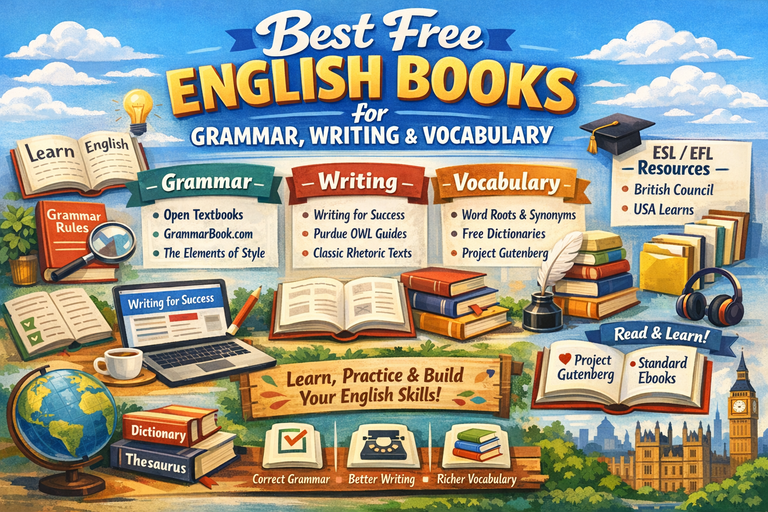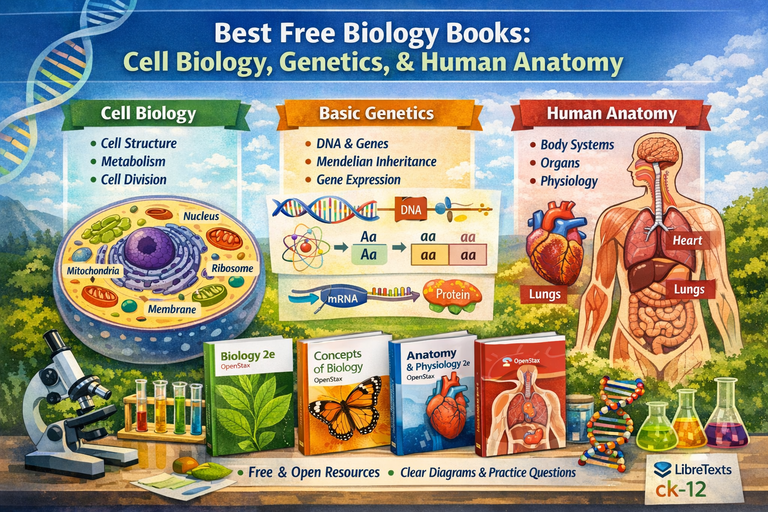How Audiobooks Are Reshaping Modern Publishing
In recent years, the publishing industry has undergone a dramatic transformation. While eBooks once seemed like the future, a new format has taken the spotlight: audiobooks. Once a niche market primarily used by commuters and people with visual impairments, audiobooks have exploded in popularity, becoming a mainstream way to consume literature. With platforms like Audible, Spotify, Google Play Books, and even YouTube jumping into the scene, audiobooks are now reshaping how stories are told—and sold.
This blog post explores the impact of audiobooks on the publishing landscape, why they're growing so fast, and what authors, publishers, and readers need to know about this booming format.
The Rise of Audiobooks: A Publishing Phenomenon
Audiobooks aren't new—they've been around since the cassette tape era. But their recent surge is unprecedented. According to the Audio Publishers Association, audiobook revenue in the U.S. alone has seen double-digit growth for more than a decade, with billions in annual sales. Globally, the audiobook market is expected to surpass $35 billion by 2030.
So what’s behind this surge?
-
Smartphones and streaming make audiobooks more accessible than ever.
-
Multitasking lifestyles have turned people to audio while driving, exercising, or cooking.
-
Subscription models from Audible and others make consuming books easy and cost-effective.
-
Celebrity narrators and high-quality production have made audiobooks more appealing.
Why Audiobooks Appeal to Modern Audiences
1. Convenience and Flexibility
One of the biggest advantages audiobooks offer is the ability to "read" while doing other things. In a busy world where screen time is already overwhelming, audio provides a welcome alternative. Whether it’s a 30-minute commute or a walk in the park, audiobooks allow for seamless integration of literature into everyday life.
2. Accessibility and Inclusivity
Audiobooks also open the door to literature for people who may have trouble reading printed or digital books. This includes individuals with visual impairments, dyslexia, or other learning challenges. The spoken word brings stories to a wider, more inclusive audience.
3. Emotional and Immersive Storytelling
A well-narrated audiobook can amplify emotional depth in a way that text alone may not. Voice actors breathe life into characters, and sound effects or music can enhance the mood. For many, listening to a story is a deeply engaging sensory experience.
The New Publishing Strategy: Audio-First Books
In the past, print was always the first step in publishing. Now, some authors and publishers are flipping the model. "Audio-first" releases are becoming more common, where the audiobook is the initial launch format, sometimes even bypassing print altogether.
Genres like thrillers, self-help, memoirs, and romance thrive in this format. Platforms like Audible Originals have invested in exclusive titles, paying authors and celebrities to create content designed solely for audio.
This shift has encouraged writers to think differently about storytelling. Writing for the ear involves different techniques—like more dialogue, smoother transitions, and fewer visual descriptions. It’s not just about what’s written, but how it’s heard.
How Audiobooks Are Changing Author Opportunities
For authors, the audiobook revolution presents new creative and financial avenues:
1. Expanded Revenue Streams
A well-produced audiobook can significantly increase an author’s income. With audiobooks often priced higher than eBooks, royalties can be substantial—especially in self-publishing platforms like ACX (Audiobook Creation Exchange).
Authors who diversify their formats (print, digital, and audio) tap into a broader audience, increasing discoverability and sales potential.
2. Greater Global Reach
Audiobooks can be distributed worldwide with minimal extra cost. Platforms allow for global distribution, and translation tools and multilingual narrators are opening doors to new markets.
3. Personal Branding and Voice
Some authors even choose to narrate their own audiobooks, particularly in nonfiction genres. This adds a personal touch and can strengthen the author-reader connection. It also boosts the author's voice—literally and metaphorically—in their branding strategy.
Impacts on Traditional Publishers
Major publishers have recognized the power of audiobooks and are investing heavily in production. Audiobooks now represent a core pillar of publishing strategy alongside print and digital.
Traditional houses are:
-
Building in-house audio teams for quality production.
-
Licensing books specifically for audio—a practice unheard of a decade ago.
-
Offering bundled packages (print + digital + audio) for added consumer value.
However, this shift has also introduced new challenges. Audiobook production can be expensive, and not all books translate well into audio. Moreover, distribution and discoverability remain key hurdles, especially in a crowded market.
The Audiobook Boom in Self-Publishing
Self-published authors are increasingly turning to audiobooks to compete with traditional publishing. Platforms like:
-
ACX (Amazon-owned) for Audible, iTunes, and Amazon distribution
-
Findaway Voices for wider retail access (including Spotify and Google Play)
-
Speechki and DeepZen for AI narration options
…give indie authors the tools to create professional-quality audiobooks at various price points.
Some advantages for indie authors:
-
Control over narration and pricing
-
Faster time-to-market
-
Royalties up to 40% or more depending on the platform
Self-publishing audiobooks does take effort—especially choosing narrators, editing, and mastering the audio—but the payoff can be significant.
The Role of Technology in Audiobook Growth
Technology continues to shape how audiobooks are produced and consumed.
1. AI Voice Narration
AI-generated voices are improving rapidly. While they can’t yet match the emotion of a human narrator, they’re cost-effective and fast. Some authors use AI for first drafts or for niche nonfiction content.
2. Voice Recognition and Smart Speakers
Smart assistants like Alexa, Siri, and Google Home are making audiobooks more accessible. A simple voice command can launch a book, and smart speakers are now primary listening devices in many homes.
3. Interactive Audiobooks
Some platforms are experimenting with choose-your-own-adventure-style audiobooks, interactive narration, and gamified listening experiences. These innovations hint at the future of audio storytelling.
What This Means for Readers
For readers, audiobooks are a gift. They offer:
-
Convenience and flexibility
-
A new layer of storytelling
-
Access to literature in situations where reading isn’t possible
Many readers now consume books in multiple formats. They might read a physical copy at home, switch to an eBook on the train, and continue with the audiobook during a run.
This multi-format reading reflects changing lifestyles and deeper reader engagement.
Challenges and Criticisms
Despite their popularity, audiobooks face some criticisms:
-
Retention and comprehension: Some studies suggest we remember less from listening compared to reading. Others argue that it depends on the listener and the book type.
-
Quality variation: Not all audiobooks are produced equally. Poor narration or audio quality can ruin the experience.
-
Piracy and DRM issues: Just like eBooks, audiobooks are vulnerable to illegal distribution.
Still, these challenges are being addressed as the industry matures.
Final Thoughts: The Future of Audiobooks
Audiobooks are not a passing trend—they are a permanent evolution in how we experience books. For publishers, authors, and readers alike, they offer new possibilities for connection, creativity, and commerce.
As technology advances and consumer habits shift, audiobooks are poised to become an even bigger part of the publishing world. They are not replacing print or eBooks but rather complementing them, enriching the ecosystem of storytelling.









